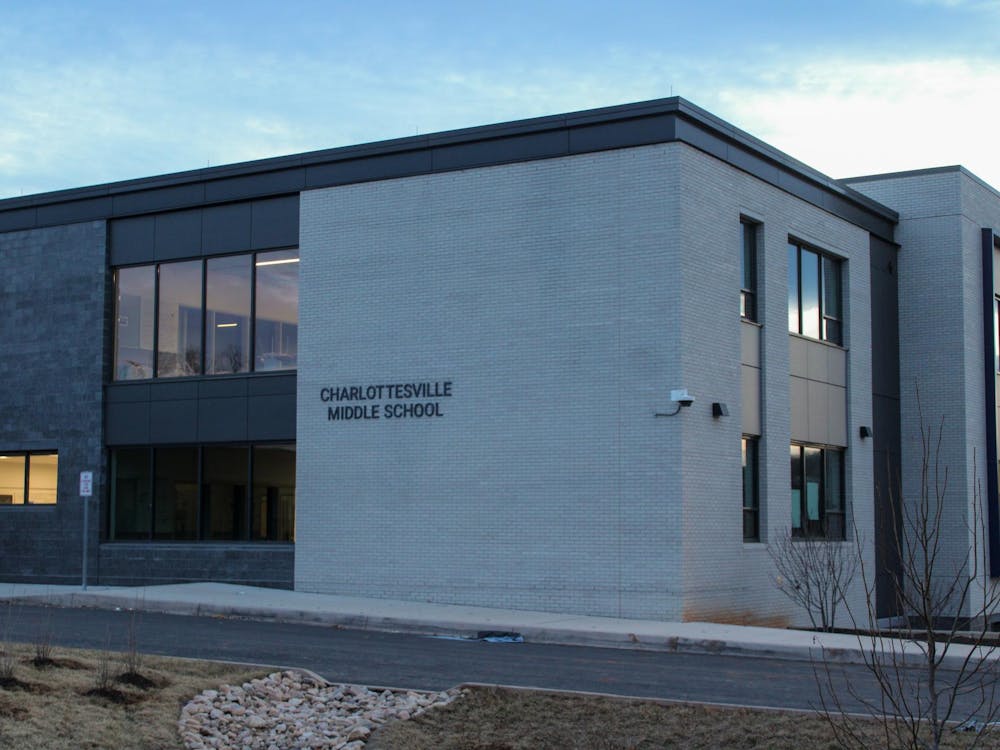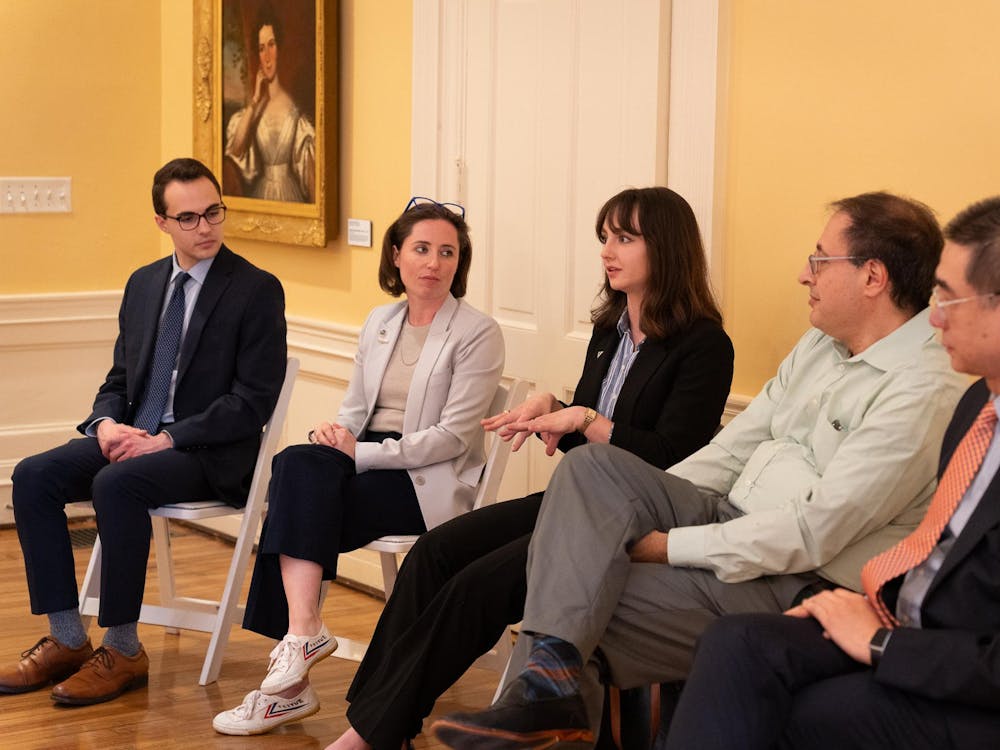BERKELEY, Calif.-Nearly three-and-a-half years after Californians voted to ban affirmative action with Proposition 209, Phong La, president of the Associated Students of the University of California-Berkeley, maintains that passing the controversial referendum was a "premature" decision.
Many students and administrators at University of California schools said they feel the same way, and view the ballot initiative as a mistake.
The initiative, passed in November of 1996, outlawed public institutions from using preferential treatment based on race, ethnicity or gender.
Despite increased outreach programs targeted at underrepresented minority students - specifically Hispanic, Latino and black students - admissions officials at the University of California-Berkeley and the University of California-Davis admit it has been difficult to maintain previous levels of representation of these minorities.
Richard Black, vice chancellor for admissions and enrollment at Berkeley, said many members of the university community recognize the benefits of affirmative action.
"Many individual staff members feel affirmative action is important," Black said.
Ultimately, however, the University of California Board of Regents and California state laws control the university's admissions criteria, he said.
"We are professionals and we follow policies of the Regents and the laws of California, even when those don't agree with our own personal positions," he added.
Yvonne Marsh, assistant vice chancellor for enrollment services at Davis, said the administration and student body were generally in favor of affirmative action despite 209's passage.
|
"The decision was really being fostered along political lines," Paez said.
But at Davis, some of the original energy with which students protested Proposition 209 seems to have diminished since its passage.
Edgar Chen, student assistant to the Chancellor at Davis, said even though some students at Davis still feel strongly in favor of affirmative action, there is a generation gap between incoming students and those who are part of the "Affirmative Action Class" - those admitted before 1997.
"Incoming students - they don't even know" much about affirmative action, he said. "If you are not part of the Affirmative Action Class, you don't understand."
Chen said he believes part of the problem is the lack of proper education about what affirmative action aims to do.
Today it is difficult to gauge Davis students' opinions on affirmative action, and the Davis student government often finds itself in limbo between its members' opinions and the student body's opinions.
La, the president of the Associated Students at the University of California-Davis, said Davis' student government supports using race in admissions and wants Proposition 209 repealed. Yet the ASUCD conducted two polls of the Davis student body, and both indicate a general anti-affirmative action sentiment.
"That left us with a dilemma," La said. Nevertheless, the ASUCD felt affirmative action "was still necessary to help ensure ... diversity was retained" at Davis.
The situation is slightly different at Berkeley, where students hold pro-affirmative action rallies at least two or three times a week, according to Conor Moore, executive vice president of the Associated Students of the University of California.
"The mood on the campus is clear," Moore said. "The students have made it clear in saying that 209 was not the answer and has caused lots of problems for us."
In the midst of this atmosphere, those opposed to affirmative action have a tough time expressing their opinions at Berkeley.
"They would be so drowned out by students who feel differently - it would be hard for them to get their opinion out," Moore said.
Berkeley students also suffer from a lack of education on the subject, said Patrick Campbell, Berkeley's president of the Associated Students of the University of California.
"The issue of affirmative action is very politically charged and even at a place like Berkeley, people don't understand how it played into the admissions department. With this gross misconception, there are strong pockets of vocal support and silent pockets of disagreement," Campbell said.
But even if students are informed about the issue, they may not have the ability to change the university's policies.
The university's Board of Regents rarely reacts to such demonstrations, partially because the UC system is so large.
"It's very hard to get [the Regents] to respond" to student concerns, Moore said.
Students take the lead
The University of Virginia experienced a 16-percent drop in the overall number of applications it received this year and a 25-percent drop in the number of black applicants - facts that some members of the University community partially attribute to last semester's University-wide controversy about using race as a factor in admissions.
Black said Berkeley is trying to prevent such adverse effects by reaching out to prospective students before they apply - especially underrepresented minority students - and explaining to them that Berkeley values diversity.
Berkeley is doing everything it can to "demonstrate to these students that they are welcome," he said.
Student leaders are actively involved in the process at Berkeley and Davis. Both schools' student governments have adopted various strategies to help maintain diversity on campus.
At Davis last year, the ASUCD passed a fee increase of $126 dollars per student per quarter, which will be implemented in phases by 2005. Three dollars of the fee increase is allocated to a recruitment and retention center for underrepresented minority students.
Berkeley is limited by the fact that since Proposition 209 passed, the admissions department "won't touch anything that's even close to preferential treatment - they look to us to pick up the slack," Moore said. As a result, the ASUC has to deal with some recruitment issues themselves.
The future
Even though the UC Regents passed a resolution in 1995 banning the use of race or ethnicity in the UC system's admissions process, one Regent seeks to overturn this decision.
Last month University of California Regent William T. Bagley said he was gathering support for a proposal that would reverse the Regents' earlier decision. If passed, Bagley's proposal would not change admissions processes within the system - Proposition 209 remains the prevailing law - it would simply make a bold statement to the UC system's prospective students.
Bagley's proposal could be beneficial to the university's reputation in that it would send a message that the schools are open to students of all racial and ethnic backgrounds Black said.
"I think it would be an effective statement," he said.
Davis' Chen agreed, but said the Regents are unlikely to adopt any such resolution.
"Affirmative action is a great thing to have in a public institution - I think we should repeal [the Regents' earlier decision] to make a statement that we made a big mistake."






